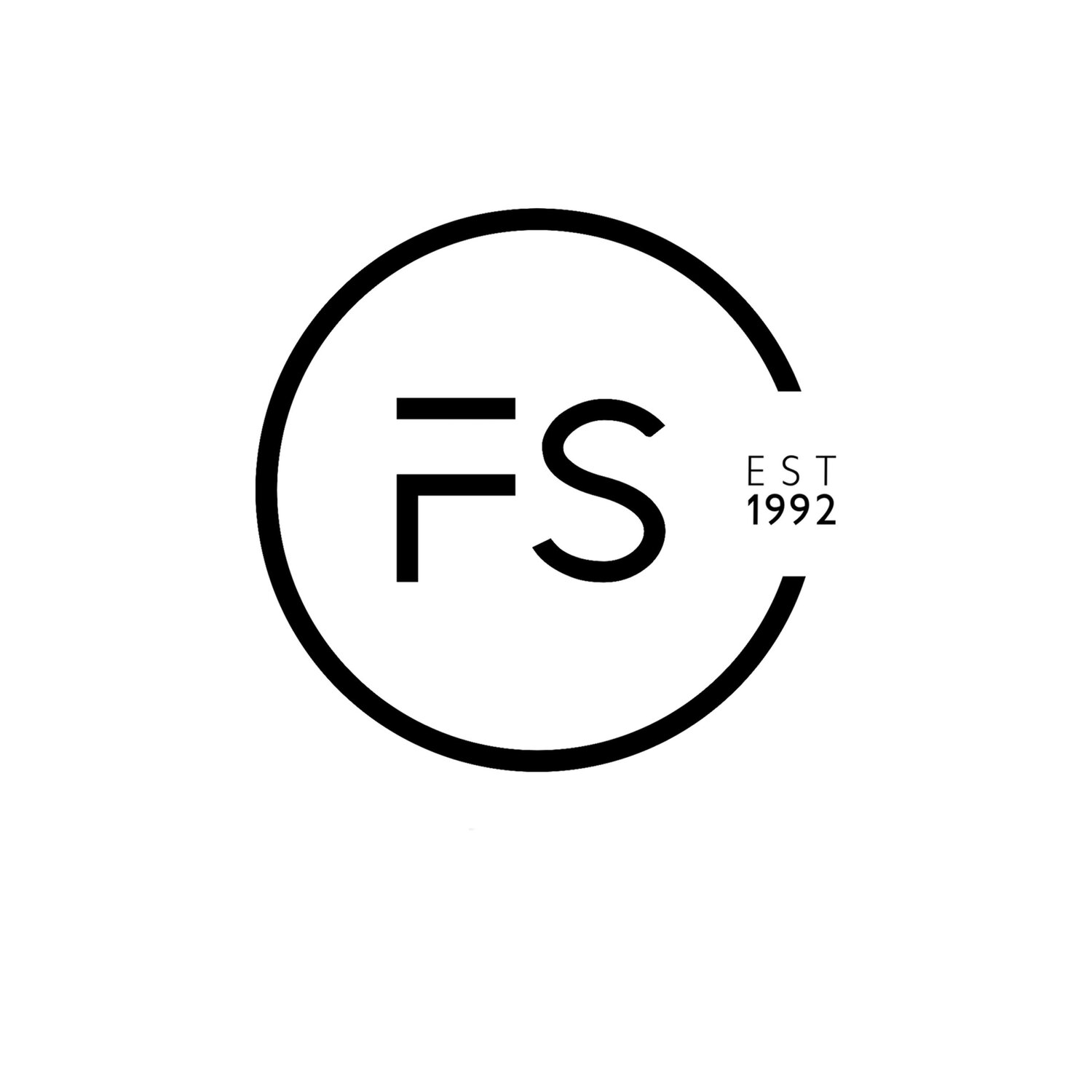Brands Supporting COVID-19 Relief Efforts
By Siobhan Ali
As the world has rallied together to combat the Coronavirus pandemic, fashion and beauty brands have equally committed their support. A variety of companies, from high-end to family-owned, have participated in relief efforts. These contributions take various forms from donating profits to hospitals, charities, and COVID-19 campaigns to supplying sanitation products and protective materials. The following article aims to shed light on the remarkable humanitarian efforts undertaken by brands to address the pandemic. However, at the same time, crises such as COVID-19 are the perfect backdrop to magnify global inequalities. Particularly in the fashion industry, the pandemic has served to highlight the exploitative working conditions in manufacturing factories across the developing world. As we tackle an unprecedented crisis, it is important to protect all humans and, at the same time, address the unsustainable practices in the fashion industry.
LMHV
LMHV, which owns brands such as Louis Vuitton, Christian Dior, Bulgari, Moet & Chandon, and Tag Heuer, to name a few, was one of the first high-end brands to pledge its support to fighting COVID-19 (1). Tackling a shortage of hand sanitisers in France, the company has adapted production lines intended for perfumes and makeup to produce disinfectants. This outstanding show of support will have a tangible influence on French health authorities’ efforts.
L’Occitane
Similarly, French skincare brand, L’Occitane, renowned for its creams and lotions, has donated 10,000 units to National Health Service (NHS) workers in the United Kingdom and Health, Safety and Environment (HSE) staff in Ireland (2). They are also repurposing their factories to manufacture 70,000 litres of hand sanitisers to support France’s national healthcare efforts.
Burberry
British luxury fashion brand Burberry will be utilising its trench coat factory in Yorkshire to produce non-surgical gowns and masks for COVID-19 patients (3). It will also be adapting its global supply chain to quickly deliver 100,000 surgical masks to NHS hospitals, addressing the serious shortage of protective materials in the UK.
Dolce and Gabbana
Domenico Dolce and Stefano Gabbana have committed to furthering scientific research on the Coronavirus strain (4). They will be funding a study by Italian scientist Professor Alberto Mantovani to investigate the pathology of coronavirus strains and design therapeutic practices to combat it.
Prada
As well as producing 80,000 medical overalls and 110,000 masks for healthcare professionals, fashion brand Prada has also donated two intensive care units to hospitals in Milan, Italy (5). This is an admirable contribution to supporting one of the worst-hit countries with over 35,000 deaths to date (6).
The Body Shop
Famous for their environmentally-friendly practices and stance against animal-testing, The Body Shop will unsurprisingly be sustaining its philanthropic efforts in the wake of the pandemic (7). The company has donated 30,000 products to senior communities and shelters for the needy in Canada and the United States.
Nike
The sportswear and athletic brand has committed to supplying face-shields and air-purifying respirators to front-line workers in the United States (8).
Similarly, their competitor Adidas has donated $3.2 million to the COVID-19 Solidarity Response Fund in addition to 3D-printing 18,000 face shields a week.
However, Nike and Adidas have come under fire in recent years for their use of sweatshops in various Asian countries such as Indonesia, Vietnam and Malaysia (9). The exploitative working conditions in their factories have undoubtedly been exacerbated during the pandemic as workers are unable to take appropriate safety precautions and work remotely. These poverty-stricken workers are forced to produce face shields for others at risk of contracting the disease themselves. In a declining economic environment with little job security and the looming threat of unemployment, refusal to do so is not an option (10). Moreover, in many of the developing countries where these factories are located, healthcare facilities and equipment are inadequate.
Linked to this are recent investigations into the exploitative working conditions for those producing face masks. As global demand for protective materials increases, it seems inevitable that manufacturers would exploit men, women and children to produce them en masse. In particular, factories in China have been condemned for breaking international labour laws by forcing Uighur people to produce PPE equipment (11). Infamously implicated in the supply chains of international brands such as Nike and Apple, these manufacturing agents threaten to perpetuate global inequalities and exacerbate human rights violations during the Coronavirus pandemic (12).
While these brands’ efforts towards supporting the fight against COVID-19 are commendable, little attention is paid to the human rights violations experienced by workers producing these materials. In order to move beyond publicity strategies and towards more effective action, these brands need to address the unethical practices embodied in their supply chains. While most humanitarian aid is focused on Western countries and brands’ consumers, these companies should consider donating funds and materials to the developing countries on which their manufacturing power relies so heavily as well.

